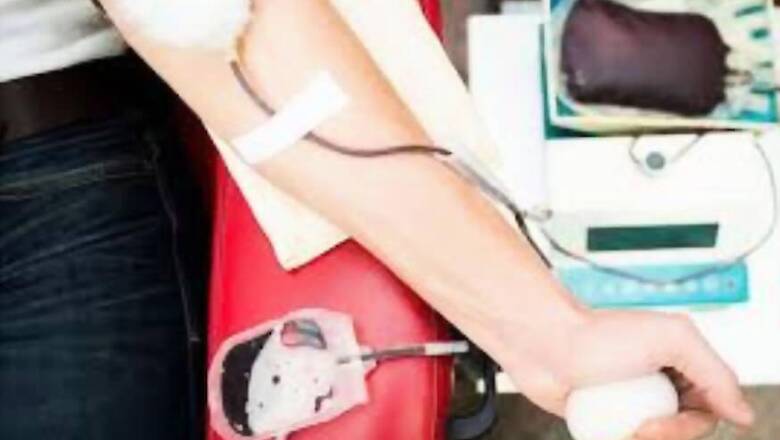
views
World Blood Donor Day 2019 | Blood transfusions save millions of lives every year worldwide, according to the World Health Organisation (WHO), which observes World Blood Donor Day annually on June 14.
Regular blood donations are needed all over the world to ensure people have access to safe and quality-assured blood and blood products, the global heath body says, urging every healthy person to consider making regular voluntary, unpaid donations. For example, in India, as per data of 2016-17, there was a shortage of 1.9 million units (or 15%) as per norms set by the WHO.
There are four major blood groups determined by antigens, protein molecules found on the surface of red blood cells, and antibodies, proteins found in plasma. Each group can be either RhD positive or RhD negative, thus creating a total of eight main blood types : A+, A-, B+, B-, O+, O-, AB+, AB-.
The human immune system can usually tell its own blood cells, which means if a person receives incompatible blood type, the body produces antibodies to destroy the donor's blood cells. This causes a transfusion reaction leading to severe health complications and even death in some cases.
The ABO system
There are four main blood groups defined by the ABO system, according to England’s National Health Service(NHS).
Blood group A, which has A antigens on the red blood cells with anti-B antibodies in the plasma
Blood group B , which has B antigens with anti-A antibodies in the plasma
Blood group O , which has no antigens, but both anti-A and anti-B antibodies in the plasma
Blood group AB , which has both A and B antigens, but no antibodies
Receiving blood from the wrong ABO group can be life threatening, according to the NHS. For example, if someone with group B blood is given group A blood, their anti-A antibodies will attack the group A cells.
As group O red blood cells don't have any A or B antigens, it can safely be given to any other group.
Red blood cells sometimes have another antigen, a protein known as the RhD antigen. If this is present, your blood group is RhD positive. If it's absent, your blood group is RhD negative.
There are a total of eight blood types:
A RhD positive (A+)
A RhD negative (A-)
B RhD positive (B+)
B RhD negative (B-)
O RhD positive (O+)
O RhD negative (O-)
AB RhD positive (AB+)
AB RhD negative (AB-)
The O RhD negative blood (O-) can is often used in medical emergencies when the blood type isn't immediately known as it is safe for most recipients because it doesn't have any A, B or RhD antigens on the surface of the cells, and is compatible with every other ABO and RhD blood group.












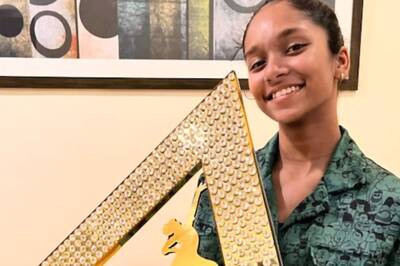
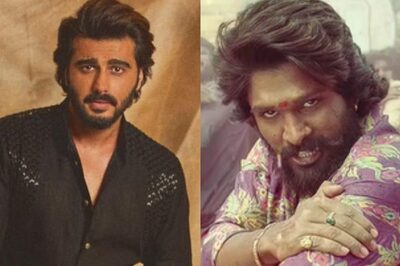
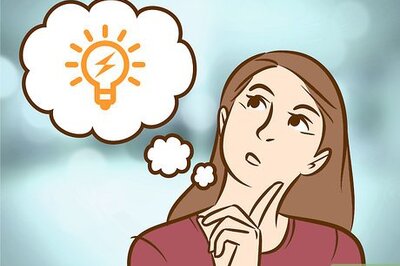

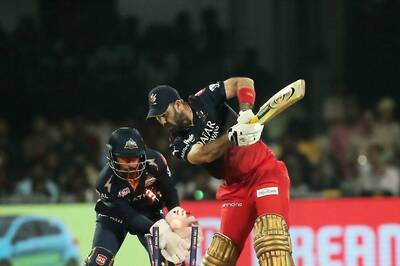
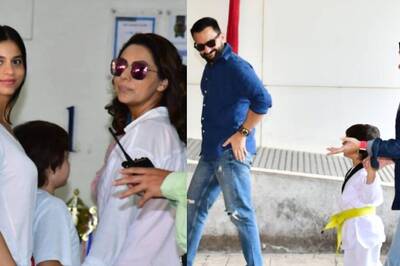
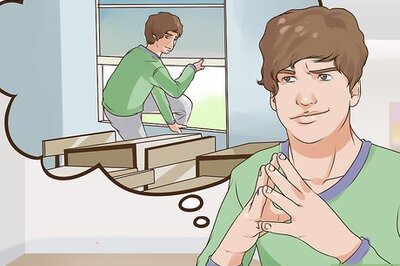
Comments
0 comment